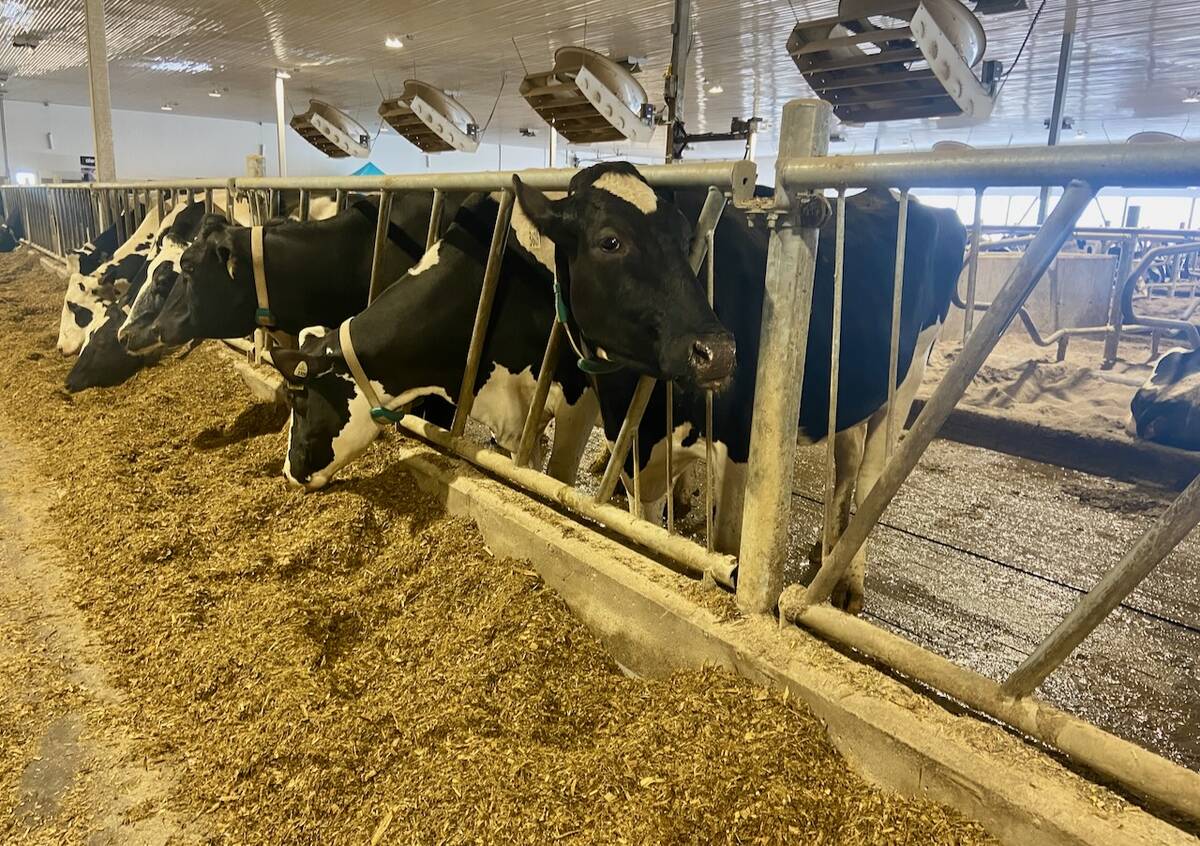Waving a big stick is not the way to clean up rural water, says the Alberta minister of agriculture.
Big fines and strict penalties don’t work if people don’t understand their farm practices affect the quality of the water or the soil, said Ed Stelmach in an interview following the release of a provincial water quality study.
The study showed pollution problems exist and the province has promised to develop regulations for manure handling by intensive livestock operations, considered the main culprit in water quality problems.
Read Also

U.S. farm group supports supply management
U.S. grassroots farm advocacy group pushing new agriculture legislation that would move towards supply management like Canada has for dairy industry
The code of practice for the safe handling of manure is being upgraded and will incorporate the optimum levels of nitrogen and phosphorus for a piece of land.
More soil testing may also be demanded since there is evidence that nitrate loading occurs when too much manure is applied on the same spot.
The province wants to establish an education program with existing intensive operations to improve management.
“We’re not really that concerned with new feedlot sites or larger hog developments because there is a tremendous amount of money invested by the owners and they have to maintain the environmental integrity of the site,” Stelmach said.
“Most of their plans are approved by certified engineers.”
The minister wants improvements introduced by co-operation with the urban and rural municipalities who are expected to work through this report and write fair guidelines and regulations.
The report also showed farm chemicals are leaching into the waterways.
Stelmach wants new regulations that say before any chemicals are approved for sale they go through even more extensive research and review.
“We have to go back now and see if what is on the labels is appropriate and correct as to when that chemical breaks down,” he said.
The department of agriculture wants to talk about the effect of recreation on the water system. Cottage septic systems may not be adequate in some cases and more water activities and wildlife have an impact on the environment.
The province is providing $5 million a year for the Alberta Environmentally Sustainable Agriculture program. This replaces the federal government’s contribution since it ceased the Green Plan. Producers and processors work together to reduce agriculture’s impact on the environment.
Another $150,000 will be spent on an environmental impact study to ensure that agriculture growth is responsible and sustainable.
A livestock expansion team was created to conduct research on intensive operations and publish a developer’s guide for establishing and managing these operations.















